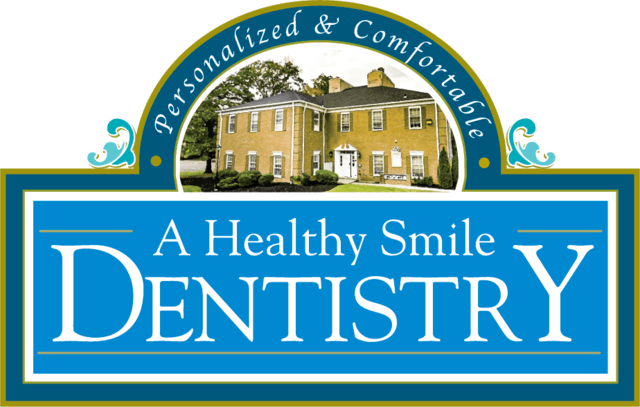Tooth decay remains one of the most prevalent dental health concerns worldwide. Despite advances in oral hygiene products and practices, many individuals still face the consequences of cavities, enamel erosion, and other related complications. Dental insurance can play a crucial role in minimizing these risks, providing access to preventive care, and reducing financial burdens associated with treatment.
How Tooth Decay Develops?
Tooth decay occurs when bacteria in the mouth produce acids that erode the enamel, leading to cavities. Key contributing factors include:
- Poor oral hygiene: Inadequate brushing and flossing allow plaque buildup, which harbors harmful bacteria.
- Diet: Frequent consumption of sugary or acidic foods accelerates enamel breakdown.
- Dry mouth: Saliva neutralizes acids; low saliva production increases decay risk.
- Medical conditions: Diabetes, certain medications, and hormonal changes can impact oral health.
Preventing tooth decay requires consistent care, regular professional assessments, and timely treatment when problems arise. This is where dental insurance becomes a critical component.
The Role of Dental Insurance Plans
Dental insurance plans are designed to cover a range of preventive and restorative procedures, making oral care more accessible and less financially daunting. They provide the following advantages:
- Regular Preventive Checkups: Most plans cover biannual cleanings and exams, which are essential in identifying early signs of decay.
- X-Rays and Diagnostics: Early detection of cavities before they progress reduces the likelihood of extensive procedures.
- Restorative Treatments: Fillings, crowns, and root canals are often partially covered, reducing out-of-pocket expenses.
- Emergency Care: Sudden dental issues, such as broken teeth or severe decay, can be addressed promptly without major financial strain.
- Patient Education: Dental professionals often provide guidance on proper hygiene, diet adjustments, and decay prevention strategies during insured visits.
Preventive Care and Long-Term Benefits
Investing in dental insurance plans goes beyond immediate cost savings. Preventive care reduces the incidence of serious dental problems, safeguarding overall oral health. Key preventive strategies supported by insurance include:
- Fluoride Treatments: Strengthen enamel and reduce susceptibility to cavities.
- Dental Sealants: Protective coatings applied to molars reduce decay in high-risk areas.
- Regular Professional Cleanings: Removal of plaque and tartar prevents bacterial accumulation.
- Oral Health Education: Personalized advice improves brushing, flossing, and dietary habits.
By maintaining a proactive approach, dental insurance enables individuals to preserve their teeth, avoid complex procedures, and minimize long-term healthcare costs.
Cost-Effectiveness of Insurance Plans
Without dental insurance, the cost of preventive and restorative treatments can be significant. Dental insurance plans mitigate these costs in several ways:
- Reduced Procedure Fees: Negotiated rates with network dentists to lower expenses for covered services.
- Coverage for Multiple Treatments: Plans often include fillings, crowns, and minor surgeries under a set benefit limit.
- Avoidance of Emergency Costs: Early interventions prevent costly emergency care for severe decay.
- Financial Planning: Predictable premiums allow individuals to budget for routine care without unexpected expenses.
Tips to Maximize Dental Insurance Benefits
To fully utilize dental insurance, policyholders can adopt the following strategies:
- Schedule Regular Checkups: Twice-yearly visits catch decay early.
- Understand Coverage Limits: Knowing what services are covered prevents unexpected bills.
- Use Network Providers: In-network dentists often reduce out-of-pocket costs.
- Maintain Oral Hygiene at Home: Insurance complements, but does not replace, daily brushing and flossing.
- Act Early on Symptoms: Tooth sensitivity, pain, or visible spots should be addressed promptly.
Broader Impacts on Overall Health
Dental health is closely connected to general health. Untreated decay and gum disease can contribute to systemic conditions such as:
- Heart Disease: Inflammation from oral infections can affect cardiovascular health.
- Diabetes: Poor oral health complicates blood sugar management.
- Respiratory Infections: Bacteria from the mouth can spread to the lungs, increasing infection risk.
Dental insurance plans help maintain oral health, indirectly supporting overall well-being and quality of life.
Conclusion
The prevention of tooth decay requires more than diligent home care. Access to regular professional care, early detection, and affordable treatment is essential. Dental insurance plans bridge this gap, ensuring that individuals receive the preventive and restorative care necessary to maintain healthy teeth. By incorporating insurance into oral health routines, people can avoid serious dental issues, reduce financial stress, and preserve long-term oral wellness.

